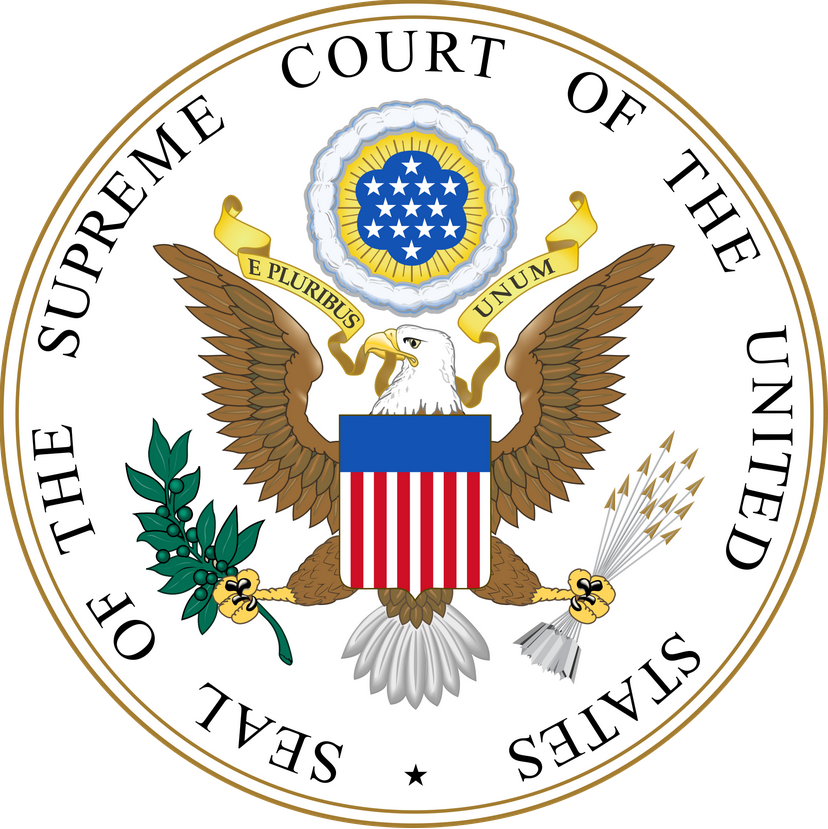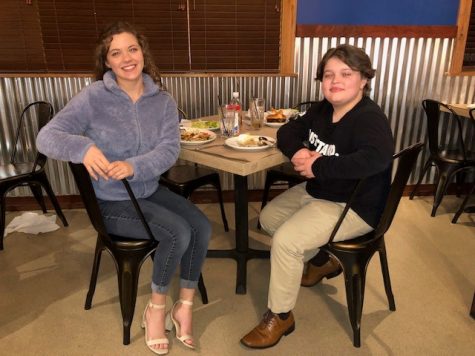Controversy: Children Life in Prison Without Parole
April 8, 2019
According to the UK Center for Criminal Justice, the purpose of the criminal justice system is to “Deliver justice for all, by convicting and punishing the guilty and to help them to stop offending, while protecting the innocent.”
The United States has made tremendous strides to reform the justice system, but there is still one issue that the government has failed to recognize: American children who were never offered a second chance after being convicted.
In 1993, Christopher Simmons, 17, and two friends planned to kill Shirley Crook. The original plan was to break in, tie Mrs. Crook up, and steal her valuables. However, one of the friends got cold feet. The remaining two followed through with the plan.
They bound her and drove her to a Missouri state park where they threw her off a bridge; she fell to her death.
Simmons confessed to the murder, for there was a substantial amount of evidence against him. The jury returned the confession with a recommendation for capital punishment. He had no prior criminal record, but he did come from a troubled background.
Simmons’ case verdict was upheld as he made his way up the court system. The use of capital punishment was a violation of Simmons’ Eighth Amendment rights since he was a minor, according to the Supreme Court of Missouri.
The United States Supreme Court agreed to hear the case (Roper v. Simmons) and ruled that capital punishment for minors violated his right against cruel and unusual punishment.
At the time of the Supreme Court’s hearing, it was legal in seven countries other than the U.S. to execute minors.
Today, the United States has new problem: minors spending life in prison without the possibility of parole.
In this Bi-partisan debate, many believe that minors should not be prosecuted as harshly as adults.
The human brain does not fully develop until the age of 25. Many consider juvenile life without parole (JLWOP) is unreasonable because the decision-making part of the brain is not developed in minors.
There are currently 2,500 minors worldwide that are sentenced to die in prison; every one of these children live in the US. Currently, 14 states have outlawed JLWOP. “79 percent witnessed violence in their homes regularly, 32 percent grew up in public housing, 40 percent were enrolled in special education classes, fewer than half were attending school at the time of their offence, 47 percent were physically abused, 80 percent of girls reported physical abuse, and 77 percent of girls reported sexual abuse.” — The Sentencing Project
In 2005, the Supreme court’s decision of Roper v. Simmons outlawed capital punishment for minors. This was a step in the right direction for America.
Now, the sentence of life without parole is the harshest sentence for juveniles and can only be used in cases of homicide.
The Sentencing Project found that in 2012, many people who were sentenced to JLWOP were born from abnormal circumstances. According to this study, “79 percent witnessed violence in their homes regularly, 32 percent grew up in public housing, 40 percent were enrolled in special education classes, fewer than half were attending school at the time of their offence, 47 percent were physically abused, 80 percent of girls reported physical abuse, and 77 percent of girls reported sexual abuse.”
Judge Kagan says, “adolescence is marked by immaturity, impetuosity, and failure to appreciate risks and consequences.” Many juveniles do not realize the expanse of his or her actions.
The point is not to set juveniles free, but to offer a second chance. After a set period of incarceration, cases should be reviewed. This way, each case and special circumstances can be considered. “adolescence is marked by immaturity, impetuosity, and failure to appreciate risks and consequences. — Judge Kagan
Capital crimes committed by youth reflect immaturity, not depravity of heart. It is unfair, cruel, and possibly a violation against his or her Eighth Amendment rights to sentence them to life in prison without the possibility of parole.









